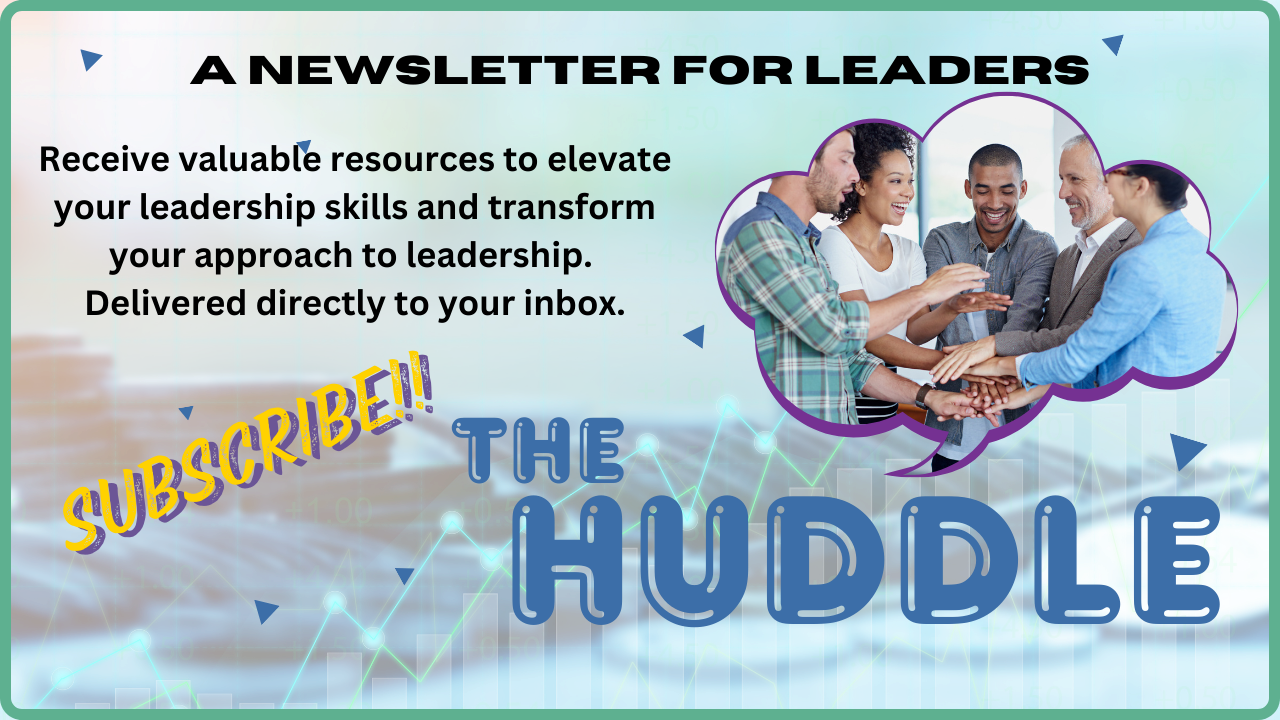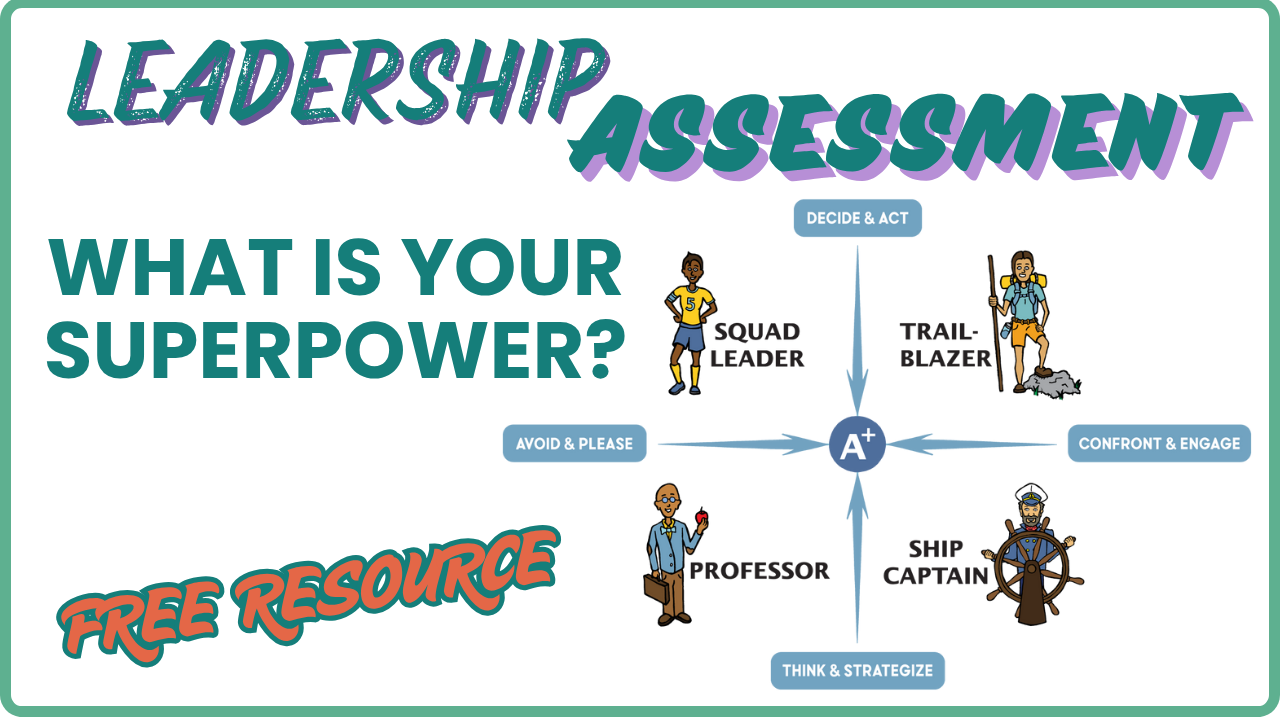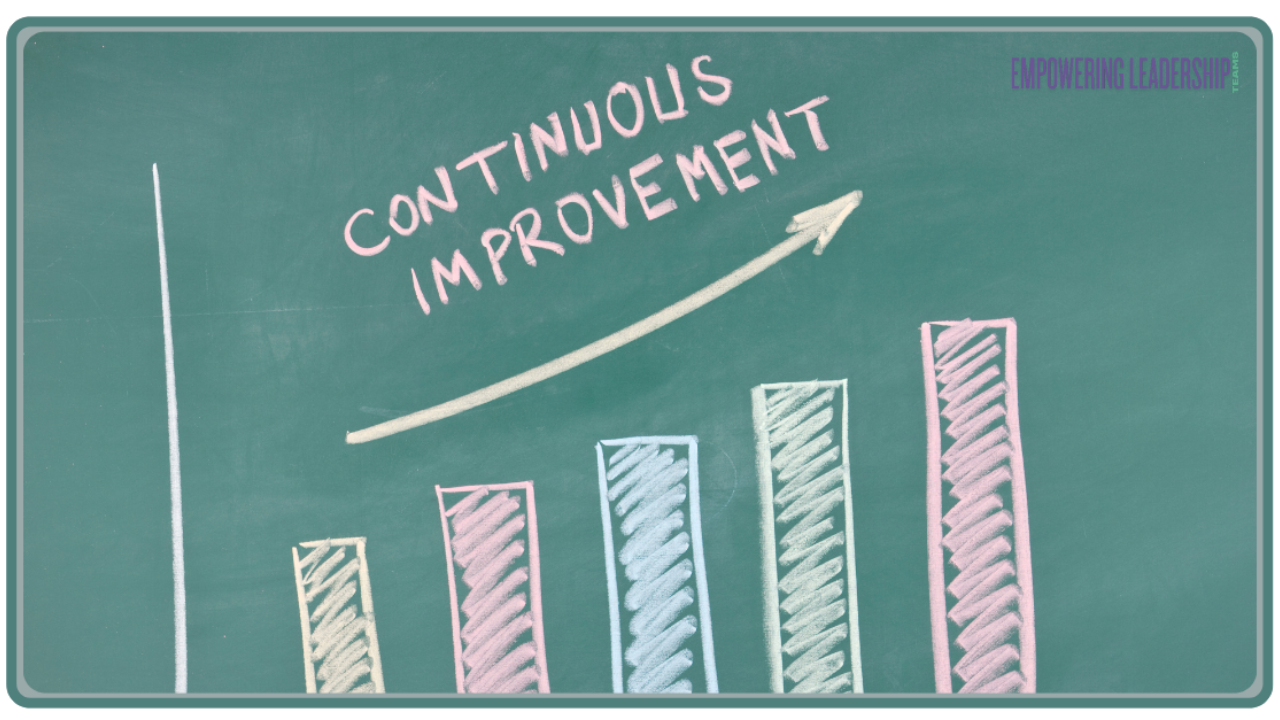Your Guide to Building a Mentorship-Driven Culture

"Effective mentorship requires both the confidence to develop others and the humility to continue seeking development yourself."
Your role in organizational development extends far beyond your formal title. Whether you're leading teams or contributing as an individual member, understanding how to effectively mentor and be mentored can dramatically impact your organization's success.
Here's how you can implement effective mentorship practices:
Start With Your Mindset
Before diving into mentorship activities, recognize that every interaction presents an opportunity for development. When team members come to you with questions, resist the urge to provide immediate answers. Instead, be curious, and ask empowering questions to support your team member.
Break Free from the Bottleneck
- If you find yourself repeatedly answering the same questions or being the go-to person for specific information, you've become a knowledge bottleneck. Here's how to fix this:
- Document your knowledge and decision-making processes
- Share your thinking patterns, not just your conclusions
Encourage others to develop their own problem-solving approaches
Master the Art of Questions
Transform your mentorship approach by asking powerful questions:
- "Can you walk me through your thinking on this?"
- "What other approaches did you consider?"
- "How did you arrive at this solution?"
These questions help others develop their analytical skills while giving you insight into their thought processes.
Seek Your Own Growth
Remember to actively pursue mentorship yourself:
- Identify areas where you can development
- Ask specific questions about others' approaches and methodologies
- Share your learning goals with leadership
Communicate Intentionally
Make your mentorship explicit:
- Tell team members when you're shifting from directing to coaching
- Explain your development approach
- Set clear expectations for growth and learning
- Measure Progress
Track the effectiveness of your mentorship efforts:
- Notice when team members begin solving problems independently
- Watch for increased confidence in decision-making
- Observe improvements in cross-functional collaboration
By implementing these practices, you'll contribute to building a stronger, more capable organization.
Take Action Now:
- Identify one area where you're currently a knowledge bottleneck
- Plan how you'll transfer that knowledge to others
- Start asking empowering questions instead of giving immediate answers
- Seek out mentorship in areas where you want to grow
The most successful organizations thrive on continuous learning and development. By embracing both sides of mentorship – giving and receiving – you help create a more sustainable and scalable business environment.
Remember: Your role in mentorship starts today, with your very next interaction. How will you approach it differently?
Related Video:
Mentorship in Action: Shaping the Leaders of Tomorrow
Related Articles:
The Mentorship Mindset: Why Every Team Member Needs to Embrace It
Creating Space for Innovation: What Leaders Can Learn from the Film Industry

















